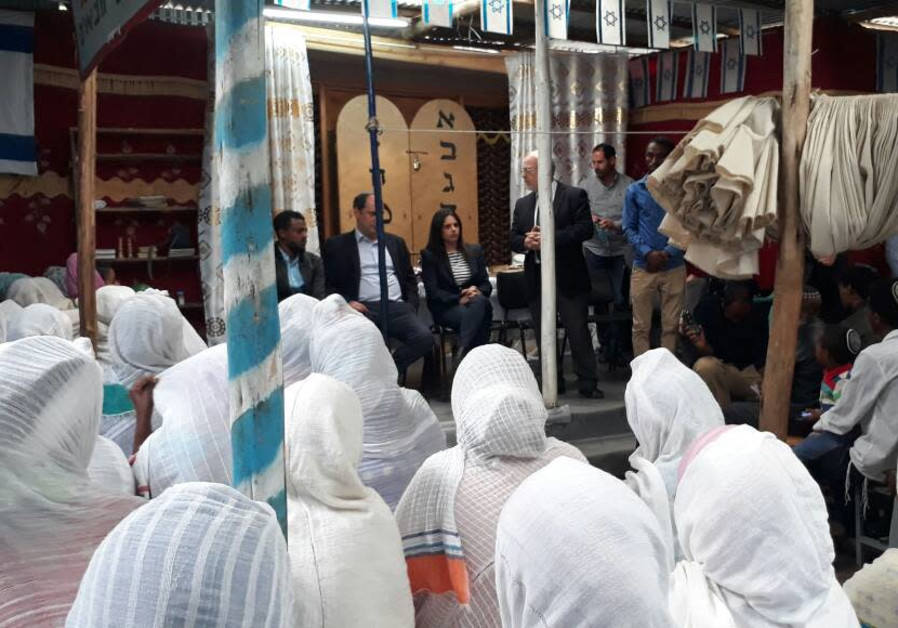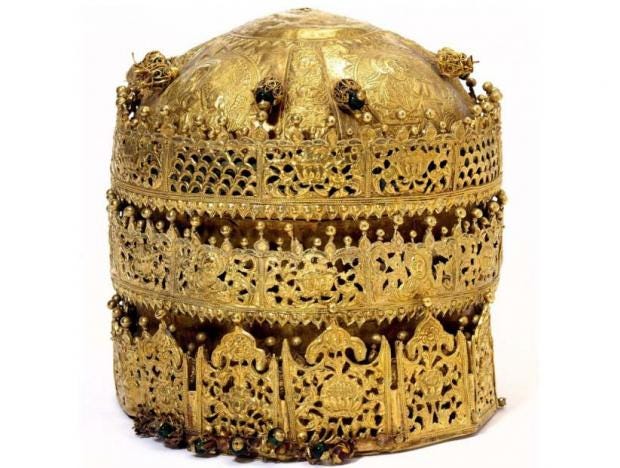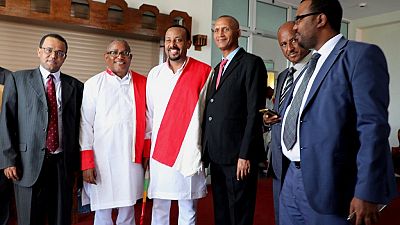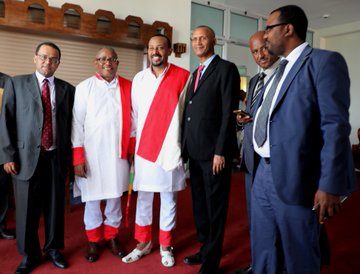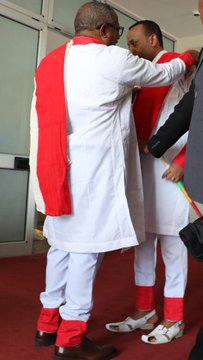 |
| President Mustafa Omer |
The New Reform Leadership of President Mustafa Omer Brings Hope and Light to the Somali Region
What an opportunity we on the SMNE team had during a recent visit to the Somali region where we were able to see so much evidence of reforms brought by the new president, Mustafa Omer, and his administration. Everywhere we went, people told us about the new leadership that is bringing genuine reforms.
We had a very meaningful and productive discussion with President Mustafa. We had a meeting of minds. He told us he was well aware of our work and that he had a great appreciation and respect for what we have done over the years, especially struggling for the rights of all Ethiopians, including the Somali region.
He strongly supports and has implemented the core values of the SMNE. He urged us to work together with him to advance these values, believing the only way forward was to value the freedom and rights of all citizens, closely quoting the SMNE principle that no one ethnic group will be free until all ethnic groups are free. He said the country belongs to all of us and that working together is the only way for the survival of our country.
He spoke with concern regarding problems in the region; in particular, the division within his party. He explained that changes being made are not welcomed by some who do not like what he is doing and want to take the region back to where it was a year ago— a time of killing, violence and destruction.
Some of those now opposed to the reforms were power holders in the past and see these reforms as a threat to their control. He stressed that his team was working hard to resolve this problem peacefully. He also urged us and others to stand with him in support of these reforms.
We really appreciated his straightforward message and his commitment to these goals in the midst of the resistance of a few hardliners.
Our Prime Minister Abiy Ahmed is the best thing that has happened to the country for as long as I can remember. He came into office already holding to an inclusive vision for all of Ethiopia. Soon after that came our brother Mustafa someone who holds to similar values as Abiy. He has become the best thing I can remember happening in the Somali region.
These two men give light back to our beloved country of Ethiopia. Anti-reform people are working hard to switch off the light, worried that the greater light will expose them and their wrongdoing.
All of us have to be vigilant to protect and preserve this light. If the lights are switched off in Jijiga, we should consider the lights switched off in all other regions. If the lights are switched off in Addis Ababa in resistance to Abiy’s efforts; it is like the lights were switched off in the whole nation.
The same light that is now shining more brightly in Somali region, is also only shining in Oromia and Amhara; however, it must be turned on in other regions as well. A place like Tigray, Gambella, Afar, Benishangul-Gumuz, Harare, Dire Dawa and the Southern Nations need genuine reformers, not people who are part of the system where they are secretly working to undermine the change.
Most of these places only superficially changed since the insiders still remain as power holders and this is the reason these regions are still experiencing violence, conflict and displacement.
Real reform can only thrive where there are genuine reformers like Mustafa and other leaders endorsed and respected by their people.
We cannot go back to the former darkness of the TPLF. The country needs more light, not less light; more unity, not division; more love, not hatred; more truth, not deception; more harmony, not violence; more reconciliation, not revenge; and more justice, not vigilante justice or mob rule.
A more peaceful, just, democratic and honorable Ethiopia begins right here and all of us should stand together to support our Prime Minister Abiy, our Brother Mustafa and leaders like them who have integrity, share these core values and genuinely care about other people.
Ethiopia needs national leaders, not tribal or village leaders who undermine the lives and rights of others because of self-interest, ambition and greed. Read more here

